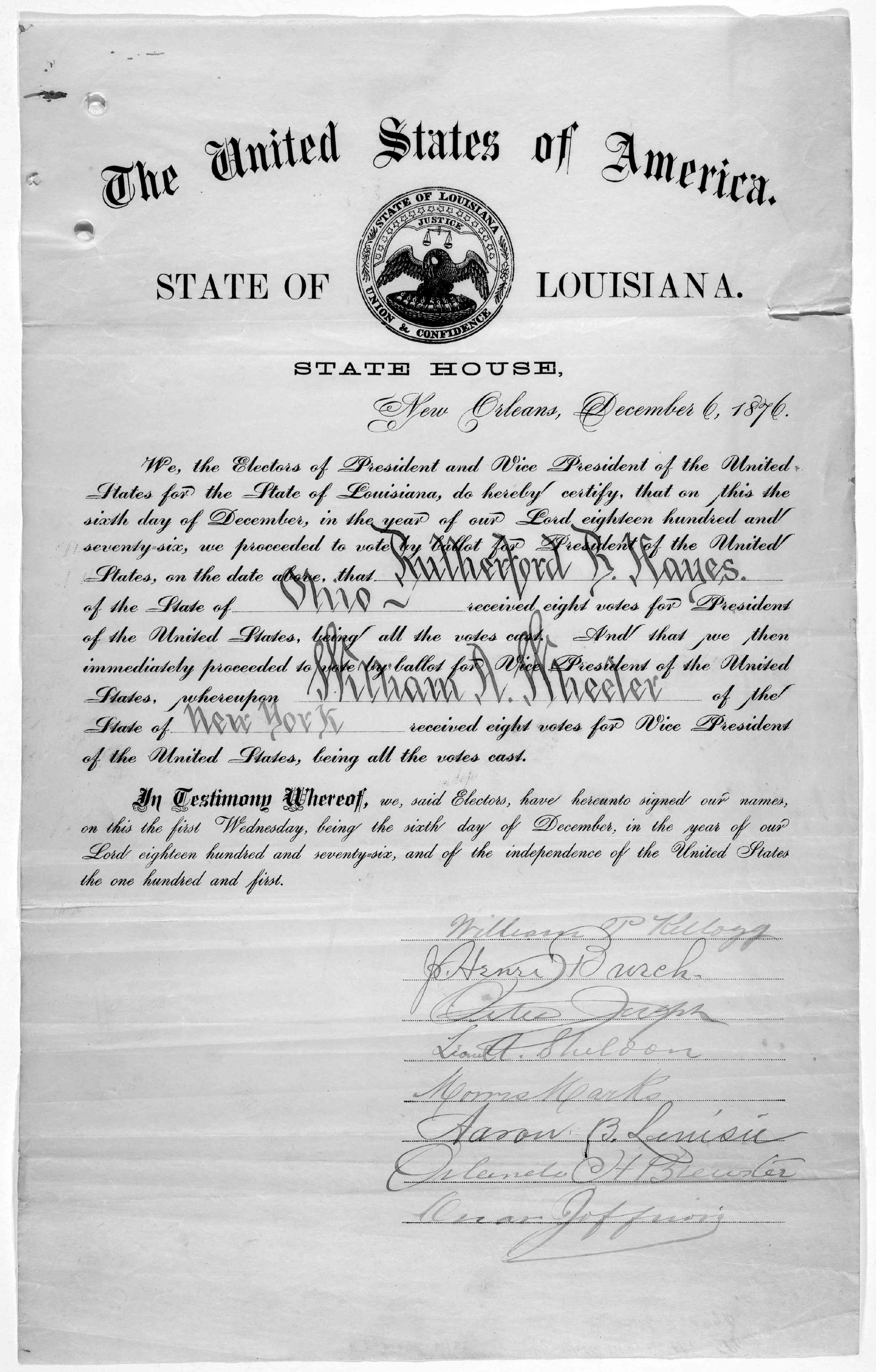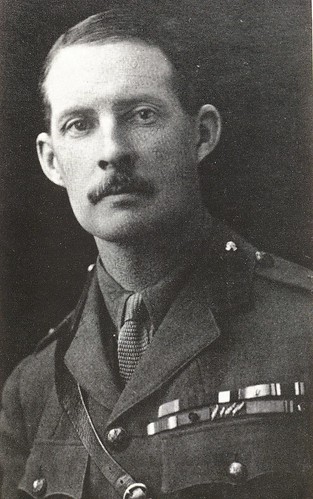 Over at LewRockwell.com, Vin Suprynowicz states his case against an ongoing assault on the Electoral College.
Over at LewRockwell.com, Vin Suprynowicz states his case against an ongoing assault on the Electoral College.
Wednesday, April 29, 2009
The Electoral College under Siege
Posted by
J.K. Baltzersen
at
8:44 AM
![]()
![]()
Labels: American democracy, short note
Subscribe to:
Post Comments (Atom)





4 comments:
Abolition of the Electoral College, and the direct election of the President by a majority of popular votes is, boiled down, a scheme to render rural votes meaningless and place the selection of the President in the hands of urban voters only.
Under the present system, candidates must make effective campaigns in all regions of the country (the different candidates, depending on party, obviously give some regions more attention than others). But no wise campaign completely neglects a particular state.
In practical terms, I cannot think of a better way to foster sectionalism and the possible fission of the country than abolition of the electoral college.
Dear Sir:
I would prefer not having this circus of popular elections for the POTUS, which would -- as I understand -- be more in line with the original intent.
That is not say that things can't get worse, and they probably will if this scheme succeeds.
Dear Mr. Baltzersen:
Pardon my delay in replying to your response to my comment.
You are correct that popular election of the President was in line with original intent in the sense that the exercise of the franchaise when the Constitution was adopted was a good deal more restricted than it is today.
The American founders would, mostly (at least outside of parts of the northeast) have been appalled at the concept of universal suffrage, applied utterly without regard to property or literacy. The founders were republicans, certainly, but they were not in favor of what they would have understood as mob rule.
Certainly, there were radicals in 1787 who claimed to want universal suffrage but I wonder if even they would have been happy with it in actual practice.
Dear Sir:
I was not only thinking of limited versus universal suffrage.
I was also thinking of the lack of holding elections particularly for the Presidency.
As I understand, putting the Presidency to a vote amongst those qualified to vote did not become standard until the election that elected Andrew Jackson.
As I also understand, there was an intent -- at least amongst some -- to elect wise men to elect the wise one to be President. The electors of the Electoral College were not, as they are today, meant to be rubber-stamping machines. In a sense, an elected monarchy.
Post a Comment